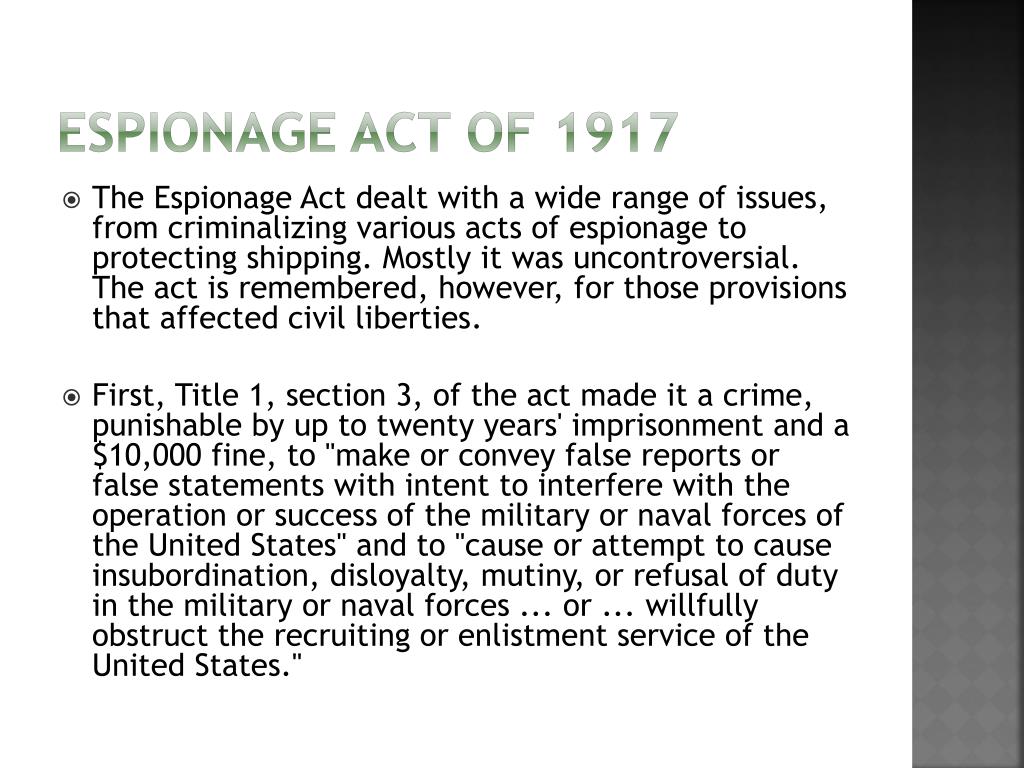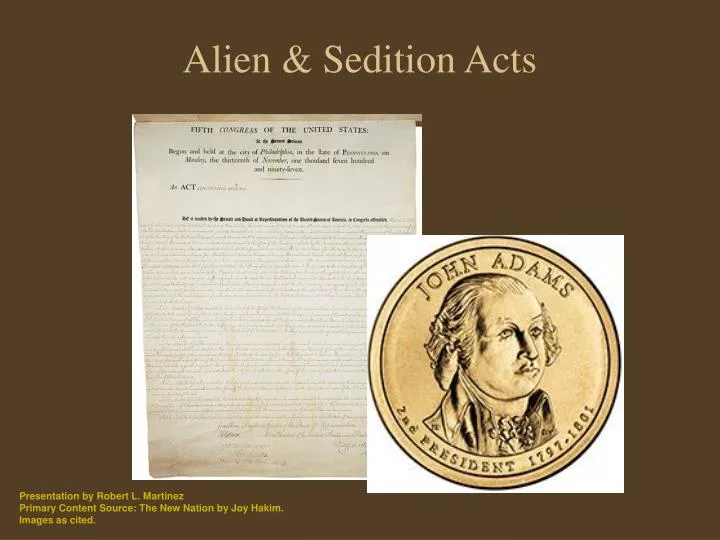
Treason was punishable by death in England, so it was a constant threat to anyone who disagreed with the ruling party.

The founding fathers wanted to ensure that the government would not charge an individual with treason without significant and reliable proof. The last section of this chapter discusses other crimes against the government that are primarily state regulated, such as perjury, bribery, and obstruction of justice.Īrticle III § 3 of the US Constitution defines treason and specifies the evidentiary requirements for any treason trial. Section 13.2 “Crimes Involving Terrorism” examines terrorism and the USA PATRIOT Act. This section explores crimes against the nation, such as treason, sedition, sabotage, and espionage. Criminal statutes protecting the government can encroach on the individual freedom to protest government action and can also affect privacy interests, which subjects them to enhanced constitutional scrutiny similar to the crimes against the public reviewed in Chapter 12 “Crimes against the Public”.

National security is an issue that affects the entire country, so most of the regulation in this area is federal, rather than state (Pennsylvania v. The government is tasked with keeping the nation safe from domestic and international attacks on the government and citizens.

Define the elements of treason, and analyze treason’s evidentiary requirements and grading.


 0 kommentar(er)
0 kommentar(er)
